Hi friend,
I’m recovering from my second SARS‑CoV‑2 infection. New symptoms every day. Today it’s an ice-pick headache lurking behind my right eyebrow, ready to make my eyes water every time I stand up. Still I worry about work.
The kids have been brilliant the whole time. They got it first, a day on the living room floor watching Bluey from a horizontal position. Then they recovered and have turned that living room into a playground while Tara and I convalesce in the bedroom next door. A playground, which they tidy up before bed every night. Amazing.
I mean we used rapid antigen tests, and they came back positive. But every single one of them had expired. I’ve been trying for a while to get fresh RATs through the free scheme but I don’t think they’re a priority for this government. Apparently they remain funded until the end of June.
*
Richard Serra died. In 2015, I walked between the leaning steel plates of The Matter of Time at the Guggenheim museum in Bilbao, the massive terracotta-hued forms reducing the pale ceiling above to a snaking river.
Tripped out by the way Serra’s art recontextualised and complemented the gallery, I did what anyone is urged to do in a small, enclosed void: I clapped. Its echo rattled down the length of the art and was quickly followed by footsteps, severe ones, approaching from the opposite direction. “No clapping,” said a uniformed attendant, before disappearing just as quickly.
I don’t know. Serra was a hard arse, but I think he would have liked that I clapped.
*
Two months of reading and watching here — quite some reading, mind you — so we’ll give the music a miss this time.
BOOKS
The Hundred Years’ War on Palestine: A History of Settler-Colonial Conquest and Resistance, 1917-2017
by Rashid Khalidi, 2020
Very informative and insightful in its placement of Israel and Palestine in the 20th-21st Century politics of hegemonic superpowers (first Britain, then the USA) effectively picking a side, initially to deal with a domestic problem and then to serve regional interests. I would like to know more about the deeper historical and religious basis of the current debacle, particularly how faith places these groups at such violent odds. But this book isn’t about that; it’s about modern borders and wars and summit meetings, and all the while an oppressed and almost voiceless people struggling to articulate themselves.
Not the End of the World: How We Can Be the First Generation to Build a Sustainable Planet
by Hannah Ritchie, 2024
Here’s to humanity: the source of, and solution to, all of life’s problems. If all of Ritchie’s hopes and dreams for continued progress and collective capitalist action (i.e. declaring your values with your wallet) come true, you can bump this review up to five stars. Her persistent faith in people is suspect, but infectious, especially when it’s backed by data that seems on the surface to add up. If it all goes to hell, we can at least burn copies of this book for warmth.
The Sixth Extinction: An Unnatural History
by Elizabeth Kolbert, 2014
Kolbert’s New Yorker-inflected style intrudes, and I was occasionally frustrated by having to remain on the surface of so many extraordinary tales of natural history. But over the course of the book, she does build a strong sense of what extinction is and how it happens, at species level and ecosystem level, through the scientific literature and first-hand reportage. Where Hannah Ritchie questions the value of sinking so many years into preserving the giant panda, and wonders whether those involved should be aiming for a surer return on investment, Kolbert observes the incredible things such people do and amplifies their hope. I think both points of view have their place, but with her passages about a committed zoologist’s attempts to give the Hawaiian crow a high quality handjob, Kolbert seems to me to get closer to the reality of preserving life on Earth — including that of homo sapiens.
Hope in the Dark: The Untold History of People Power
by Rebecca Solnit, 2004
Dense, didactic, a brief slog through scattered tales of successful collective action and eager calls to the streets. Solnit repeatedly refers to a Virginia Woolf quote — “The future is dark, which is on the whole, the best thing the future can be, I think” — to reframe the unknown future many of us fear into simply its potential, which any of us can influence to be better. I am frustrated by my own cynicism and lack of action in the face of it, so this book was confronting. As she writes, hope can be confronting.
The Ice Giant (Mermaids Rock #3)
by Linda Chapman and Mirelle Ortega, 2020
A strong climate action message and hey presto, Linda Chapman just radicalised my kids. We were watching Derry Girls when I started reading this to them so half the merpeople have terrible Norn Iron accents.Conundrum
The Art of Excavation
by Leilani Tamu, 2014
I love the sense of scale in Tamu’s poetry, and in this region’s indigenous cultures more generally — which she makes even clearer in her endnotes: “for Pacific peoples the past is ever-present and is not about looking back but looking forward”. Tamu jokes that The Alcazar, a drinking den of yore, is so forgotten it’s invisible even to ‘the great god Google’. It isn’t; I just checked and found a few mentions, first among them a publication of Tamu’s poem of the same name. So in fact, the collective Samoan memory drawn on by Tamu is strong enough to live on not just through this collection but on the Internet as well. I keep thinking we of European descent could benefit a great deal from the collapsed view of time common to Pacific peoples, te ao Māori, and many other indigenous world views, in which ancestors and descendants are always watching and not shy of a word.
The Life-Changing Manga of Tidying Up
by Marie Kondo and Yuko Uramoto, 2017
One statement I take issue with in this book: “The true purpose of your home and your things is to bring you happiness.” Although I get the principle that objects are easier to love and/or discard if you frame the decision this way, and something here may be lost in translation from Japanese by using the word ‘happiness’, I don’t think it’s helpful to strive for something very few people can define for themselves. For me, happiness arises from a combination of choices and circumstances that often have little to do with objects. I would substitute ‘pleasure’, ‘satisfaction’ or even the ubiquitous ‘joy’ there.
Apart from that, KonMari’s method offers just the right amount of common sense and inspiration to help layabouts like me see and arrange their spaces differently. (NB: she will teach you how to fold socks, shirts, and skirts, but not pants.)
The Book of Love
by Kelly Link, 2024
As ever, Link explores some fascinating ideas here, building a familiar but increasingly bizarre world in which magic and its consequences are painfully real. Most interestingly, this magic can undo just about anything, but the doers and undoers — mostly teenagers in thrall to their new gifts — are affected by what they know has happened, and un-happened. Being teenagers, almost everyone is a trial to spend time with, and this skilled short story writer is unfortunately expansive here, particularly with dialogue. But the town and its secrets have stayed with me. After I closed the book, I felt like these characters, in possession of the most powerful knowledge and abilities, would just keep on living their fascinating and terrible lives.
Conundrum
by Jan Morris, 1974
Some wish chivalry were still alive and well; others are glad to see the back of it. This memoir of transition was written fully fifty years ago now, superbly written in her inimitably personal fashion and as critical a contribution to the literature of gender as anything since. But I couldn’t shake the feeling, in the post-transition chapters especially, that Morris’s ideas of femininity and sex differences are as narrow and patriarchal as the world she grew up in; lacking more visibly varied models, she happily slotted into the limits of the female role in society, relinquishing memberships with grace and delighting in having doors held open for her by gentlemen. You could take the view that Morris was always a soft, tractable, malleable kind of woman, and she’d just toughened a little while she waited to fully exist as herself. A fascinating read, very much of its time but never likely to lose relevance.
New York Drawings
by Adrian Tomine, 2012
Tomine is one of my fave comics artists for a few reasons. He’s fearless in depicting moments of unbearable awkwardness, usually involving himself. His drawing style is clean and easy on the eye, with an ethnographer’s eye for detail. Most of all, his subjects are nearly always doing something mundane and instantly recognisable, like smoking, or talking, or reading — so often they’re reading. In one single-panel strip, he illustrates an airport lounge full of delayed passengers, and every single one of them is looking down at a book. Nearly twenty years after it was first published, that piece feels both nostalgic and fantastical, like — imagine seeing that many people reading in one place! You wouldn’t even see that in a library!
Personal
by Lee Child, 2014
I started reading the book; the bad guys got what was coming to them; the end. A few hours of my life, successfully passed.
Gifts
by Ursula K. Le Guin, 2004
The Uplands are rugged and rustically captivating, sparsely populated by sorcerers with varying ‘gifts’ used almost exclusively to maintain or extend power. The stronger the gift, the more terrible the power, the greater that lord’s lands. Here we meet Orrec and Gry, coming of age in this benighted country, which means figuring out how strong their gifts, and hence their power, are going to be. And who they’re going to marry. You know it’s not going to end how they hope it will, but the steep, overgrown path Le Guin takes to get there fascinates and horrifies with every step, leading to a quietly remarkable conclusion. This book is about power first and foremost, but it’s also about making a virtue of its inverse — and, in my reading, about urbanisation. Because who wouldn’t want to live in the Lowlands, with their bureaucracies and taverns and honest livings? My favourite books tend to feature people in an unjust or dysfunctioning society finding another way. Add ‘Gifts’ to the list.
MOVIES
THE ZONE OF INTEREST
directed by Jonathan Glazer, 2024
A film about Höss family values and dynamics had to be perfect to justify its existence, and it very nearly is. My sense of horror at the Holocaust, numbed by the explicit film recreations of the past thirty years, is thoroughly recharged by Glazer’s sharp focus on the perpetrators. Their businesslike approach to operational delivery, their domestic routines and squabbles, their weird kids. It all cuts deeper because it’s familiar, and the ‘other film’ taking place in a truly appalling soundscape beyond the wall feels paradoxically nearer at this narrow remove. That aural film, including Mica Levi’s intermittent score, is as essential as anything you see, if not more so.
It’s a stunning realisation, performed with absolute precision and humanity by its two leads, shot, edited, and mixed impeccably. It’s the writing choices that give me pause. Was it necessary to go with Rudolf Höss to Berlin and spend so much time with him there, rather than hearing his reports over the phone from the family home next to Auschwitz? Did the mother’s guilt not feel a little contrived amid such chilly realism? Same goes for the (breathtaking) night sequences, shot in infrared: do they not distract us from what seems to me the central purpose of the film, which is that we are only a step or two removed from these devils? And in cutting to the present day, in a sequence comparable with the best of Steve McQueen’s HUNGER, is Glazer not finally submitting to impossibility of the task he set himself?
I write all this at a time when members of the Likud, their military funded by a hegemonic power, deny the existence of a Palestinian people. This film really could not be better timed. And that’s why my quibbles feel insignificant, because right now, we need art to reflect the cold reality that any group of people can be convinced to commit genocide against another. But I think its critical lifetime will be long, and will ebb and flow with the circumstances. Hopefully, one day, it won’t seem as necessary as it does today.
POOR THINGS
directed by Yorgos Lanthimos, 2023
I’ve avoided Lanthimos since THE LOBSTER and find his style, in tone and craft, just as questionable here. Every exterior looks like Midjourney, the near-ubiquitous fish-eye lens blurs the edges of the frame, the oppressive score screams, “Oooohhh, isn’t this all so WEIRDDDDDD!” It’s a particular vision, consistently executed, that I happen to find thoroughly off-putting — as I did an almost entirely American cast putting on British accents (or, in Ruffalo’s case, a poor man’s Tyrion Lannister). Stone’s impressively physical performance carries the day, supported by snappy dialogue that deliciously illustrates how an assertive woman, dedicated to herself and others, can set the most outwardly strong men spinning. A long, occasionally fun and rewarding exercise, overtly feminist despite its surface perviness, yet inferior to dozens of other films that anchor themselves not just in the real world but in accepted cinematographic wisdom.
MISSION: IMPOSSIBLE — DEAD RECKONING PART ONE
directed by Christopher McQuarrie, 2023
Punishing. Stupid, cynical, boring, desperately long. Blame me for spoiling any of its charms by watching on a laptop.
10 THINGS I HATE ABOUT YOU
directed by Gil Junger, 1999
COVID comfort watch. Still got it. The secondary romance makes no sense, but who cares when the dialogue is this good? Ledger and Stiles are perfect.
SHE’S THE MAN
directed by Andy Fickman, 2006
This teen romance adaptation of Twelfth Night lacks 10 THINGS’ balance of sweet and acidic but it does have a delightfully broad Amanda Bynes performance and Channing Tatum mumbling “I don’t know” a lot, so it’s a winner.
OPPENHEIMER
directed by Christopher Nolan, 2023
A friend of mine told me they think Nolan increasingly directs long portions of his films as if they are trailers. I see what he means here. Over three hours, you’re lucky if he (and Oscar-winning editor Jennifer Lame) holds a shot for longer than a second, and if he does, the oppressive score will be on hand to drag you forcibly towards the next scene. It seems to me that Lame’s editing owes a lot to Angus Wall and Kirk Baxter’s for THE SOCIAL NETWORK, which is in retrospect an enormously influential film and towers over most copycats cut to resemble a web browser session, including this one. OPPENHEIMER takes us continuously between at least three events at a time, Cillian Murphy’s bright eyes and oddly (for him) earnest smile knitting together a theory of everything most influential about the 20th Century, never settling on anything more ambitious than the obvious: with nuclear weapons, we finally have the means to destroy ourselves. Some of these sequences are surreally effective, but the film’s strongest notes consider the axis between science and power, with one memorable scene in the Oval Office making it clear under whose auspices all that time and money was spent, and who decides how its products will be used. So there’s an interesting, thoughtful movie in here — but so much more movie besides, too much.



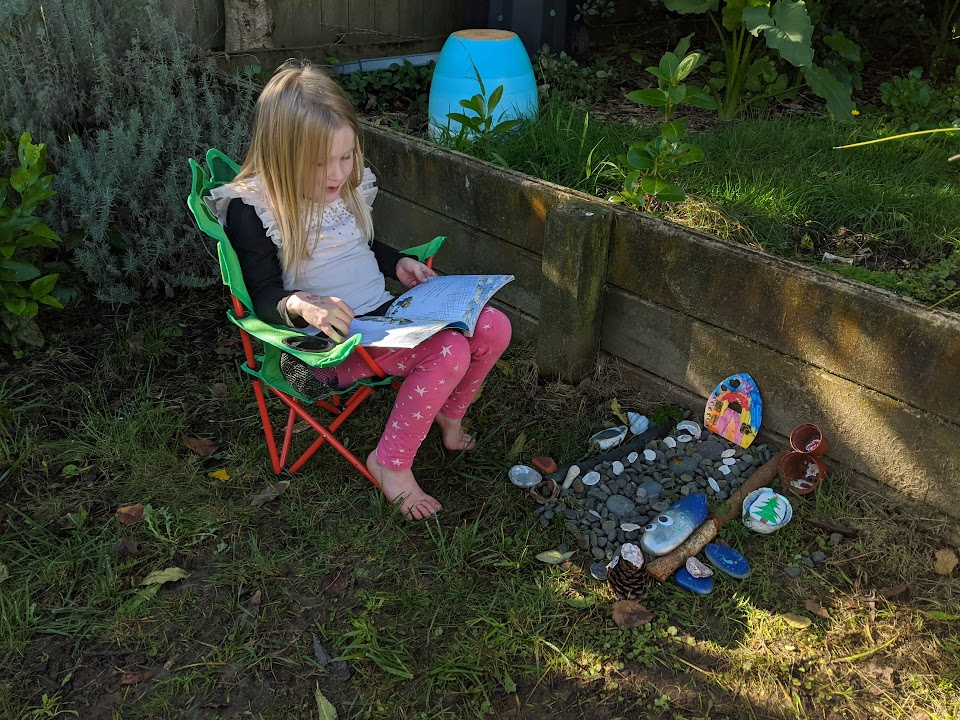
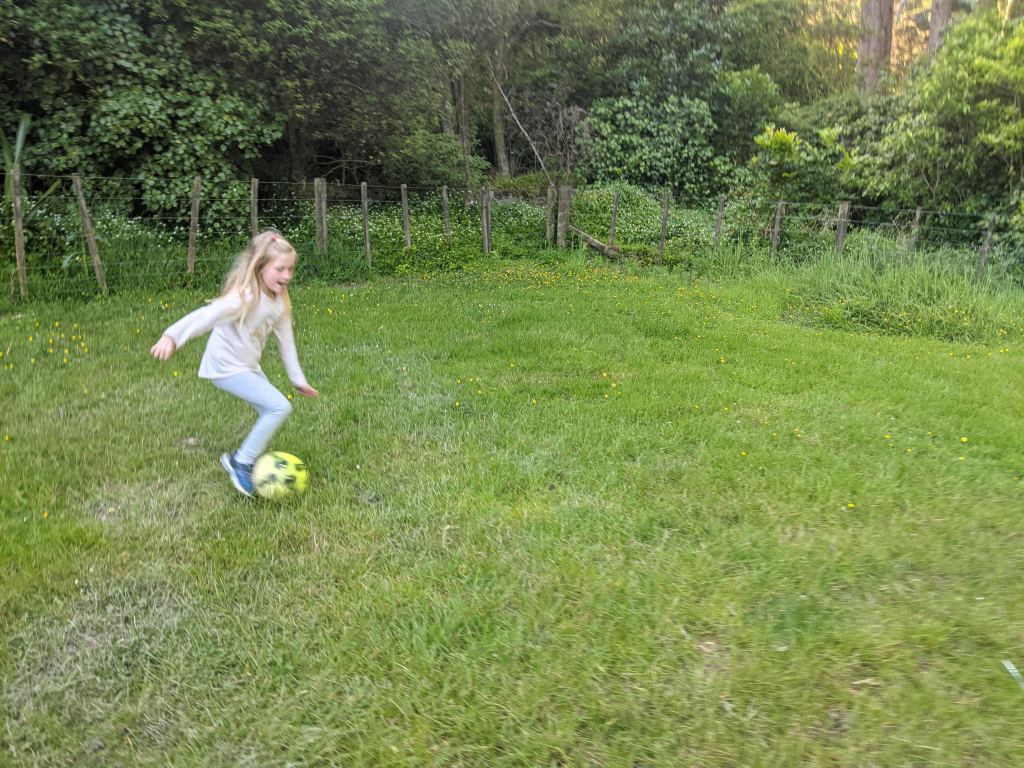
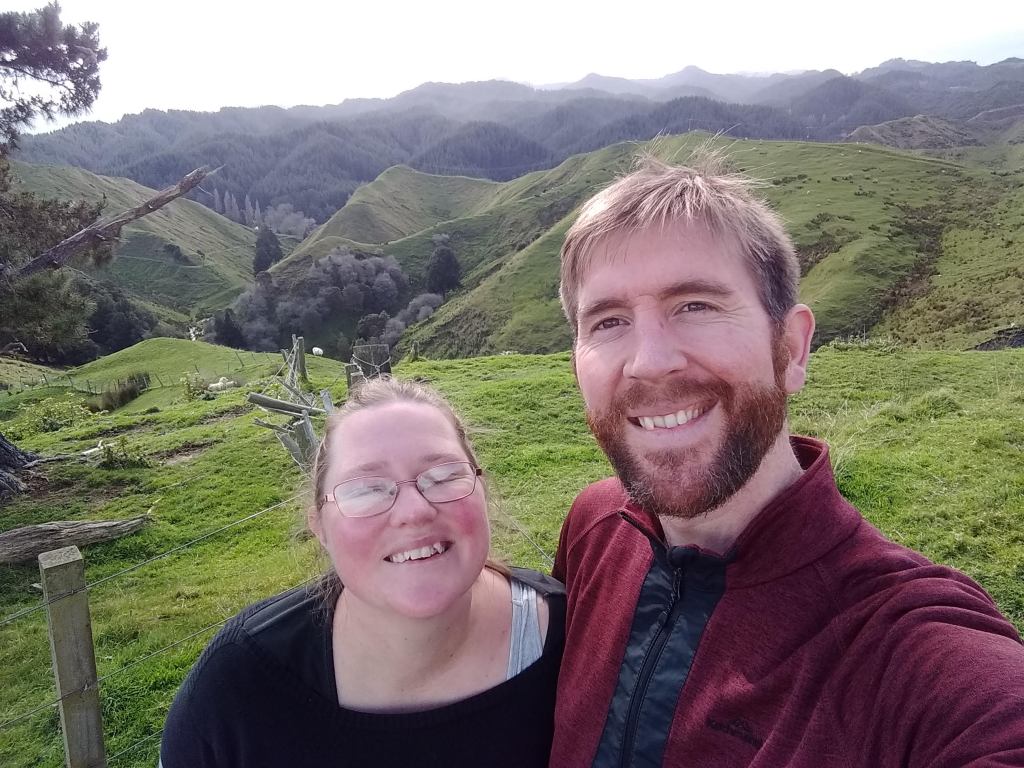
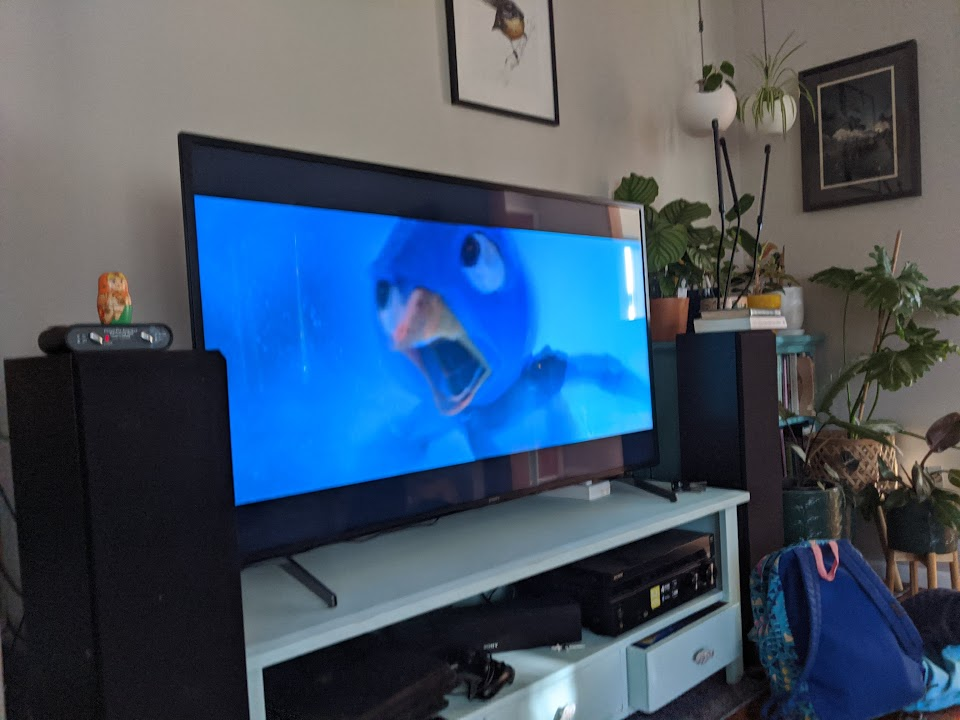



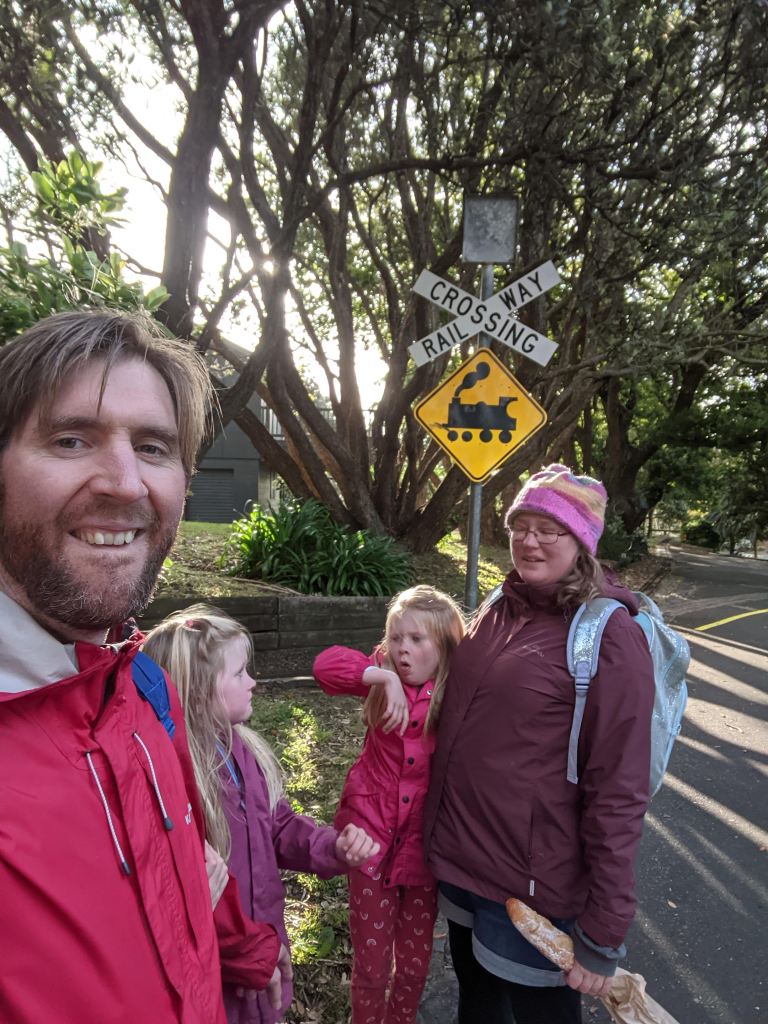
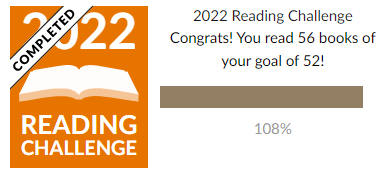









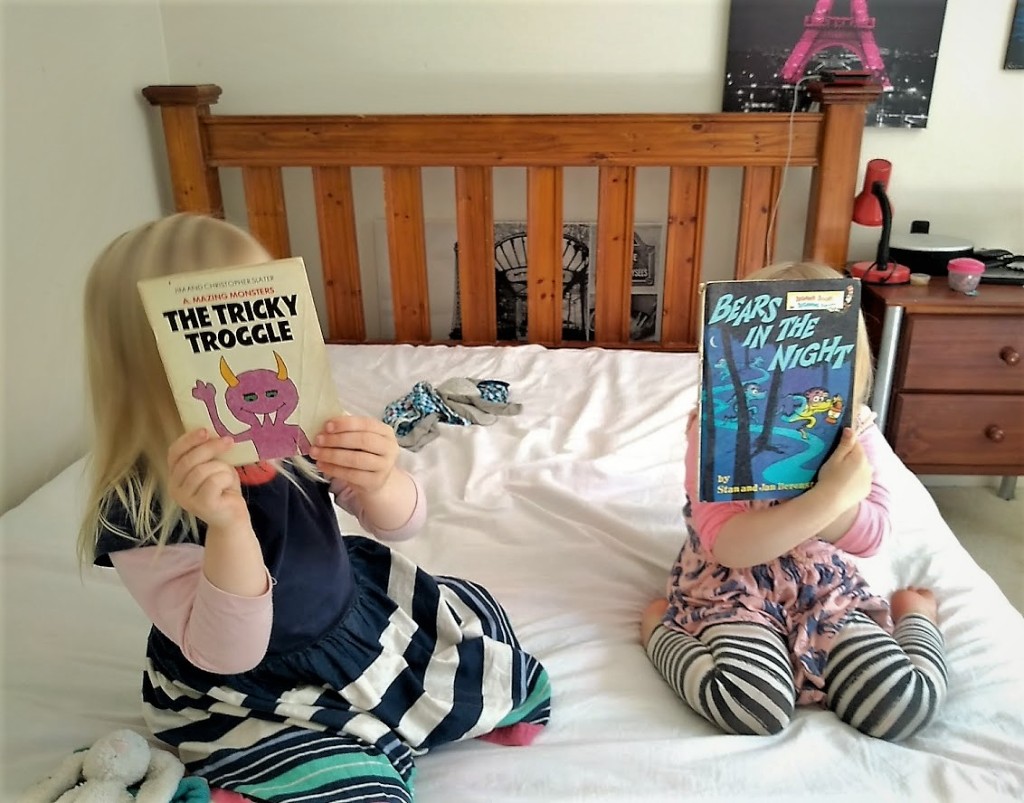

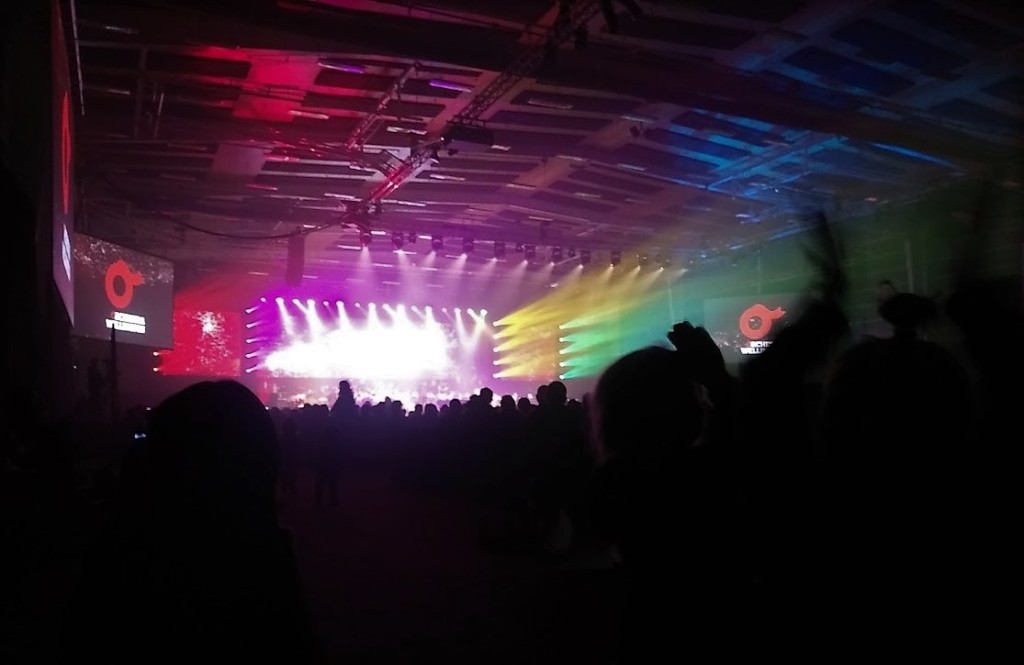












 I am ticking all the expected boxes of my thirties: marriage, house, kids, minor existential crisis. I earn more money than ever before, more than I ever imagined I could be earning, and through a time of increasingly precarious employment at that, and I can confirm that shooting past the median wage does not in itself bring happiness. But I am content most of the time, rarely low for longer than a few days.
I am ticking all the expected boxes of my thirties: marriage, house, kids, minor existential crisis. I earn more money than ever before, more than I ever imagined I could be earning, and through a time of increasingly precarious employment at that, and I can confirm that shooting past the median wage does not in itself bring happiness. But I am content most of the time, rarely low for longer than a few days. SARS-CoV-2 spiked its proteins into all of us in some way or another this year. I am one of the lucky billions not to come into contact with it and develop COVID-19, largely because I live in an island nation that took an elimination strategy in fighting the pandemic. Meanwhile, millions died around the world, and as I write this in the days between Christmas and New Year, much of the world’s humans are still not safe to go out.
SARS-CoV-2 spiked its proteins into all of us in some way or another this year. I am one of the lucky billions not to come into contact with it and develop COVID-19, largely because I live in an island nation that took an elimination strategy in fighting the pandemic. Meanwhile, millions died around the world, and as I write this in the days between Christmas and New Year, much of the world’s humans are still not safe to go out. It seemed you couldn’t move in this fragmented year without hitting another message about breathing, grounding, centering, practising mindfulness. You’ve got to look after yourself. It’s okay to look after yourself. Everyone was saying it, from the Prime Minister to my favourite podcast hosts. I was saying it myself, writing comms after comms reminding fellow staff this is not normal and we understand how you feel and here are some tips to help you through these unprecedented times. It began to feel hollow after a while. But the alternative, ignoring the struggle, would be worse. In the meantime, I continued to ignore all the advice, doomscrolling first thing and jamming headphones into my ears at every opportunity.
It seemed you couldn’t move in this fragmented year without hitting another message about breathing, grounding, centering, practising mindfulness. You’ve got to look after yourself. It’s okay to look after yourself. Everyone was saying it, from the Prime Minister to my favourite podcast hosts. I was saying it myself, writing comms after comms reminding fellow staff this is not normal and we understand how you feel and here are some tips to help you through these unprecedented times. It began to feel hollow after a while. But the alternative, ignoring the struggle, would be worse. In the meantime, I continued to ignore all the advice, doomscrolling first thing and jamming headphones into my ears at every opportunity.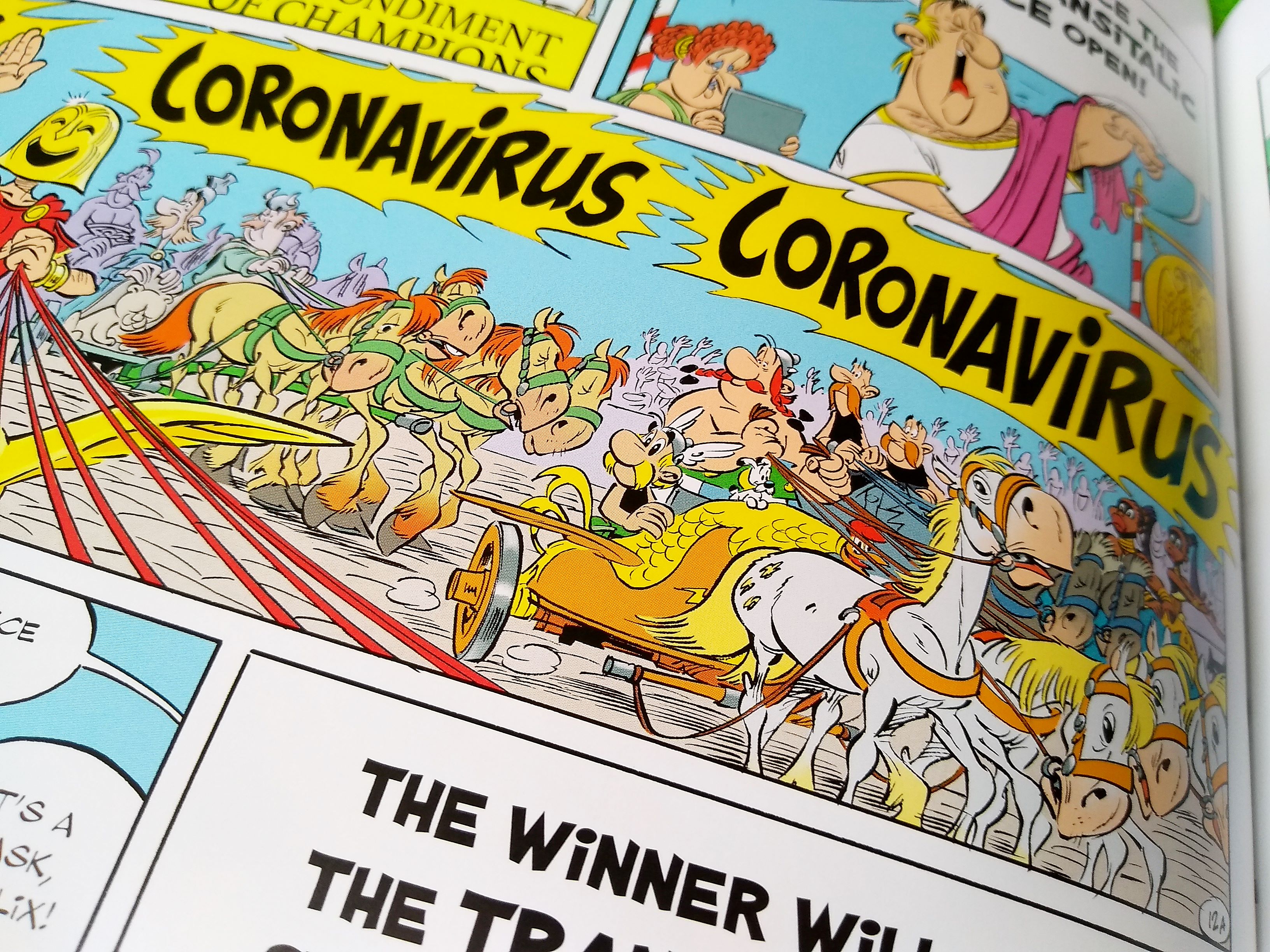 A book is a beautiful thing. It’s full of promise before reading, and also pleasant to hold, which it will always be. After reading — if it was any good — simply looking at it brings words, characters, and ideas flooding back. In your mind’s eye, it now represents all it contains. And it retains the promise of hours of possible reading, or re-reading. It doesn’t matter if it’s your book or someone else’s, or if it was borrowed from a library. The book has all the same potential.
A book is a beautiful thing. It’s full of promise before reading, and also pleasant to hold, which it will always be. After reading — if it was any good — simply looking at it brings words, characters, and ideas flooding back. In your mind’s eye, it now represents all it contains. And it retains the promise of hours of possible reading, or re-reading. It doesn’t matter if it’s your book or someone else’s, or if it was borrowed from a library. The book has all the same potential.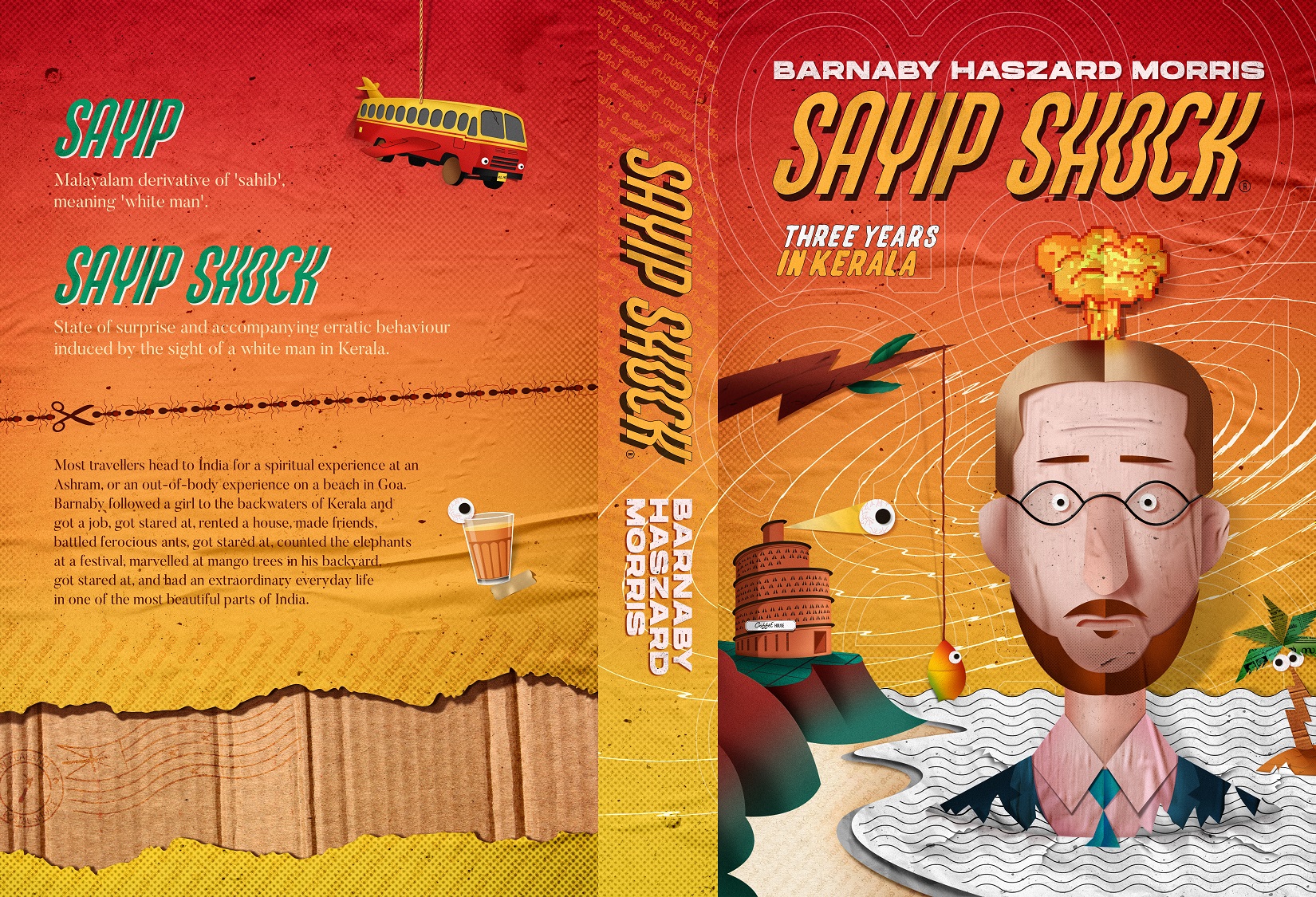 I also published a book in 2020. It’s called ‘Sayip Shock: Three Years in Kerala’.
I also published a book in 2020. It’s called ‘Sayip Shock: Three Years in Kerala’.  It’s all online now. I went to the cinema once in 2020 (PARASITE). Our household subscribes to five different film and TV streaming services:
It’s all online now. I went to the cinema once in 2020 (PARASITE). Our household subscribes to five different film and TV streaming services: Ha ha ha. Well. We managed our usual summer holiday in February, to Hawke’s Bay, during which I got sick and we argued a lot. There were some great moments too: descending the grand staircase in an old convent/school we stayed at for a night in Featherston, days on the beach in Waimārama, and particularly our visit to Splash Planet, which begat a
Ha ha ha. Well. We managed our usual summer holiday in February, to Hawke’s Bay, during which I got sick and we argued a lot. There were some great moments too: descending the grand staircase in an old convent/school we stayed at for a night in Featherston, days on the beach in Waimārama, and particularly our visit to Splash Planet, which begat a  Tara is everything to me. She’s my love, my rock, my inspiration; a source of frustration; my comfort at the wordless end of an exhausting day; my partner in the biggest work of our lives; my favourite cook; my cheerleader; the one who will stare daggers at me or look away in disgust, the one who will look at me with pure openness the way anyone would long to be looked at. I will ignore her sometimes in favour of my phone; other times I follow her around the house like a silly little dog. Long-term intimacy has brought almost everything out of us and I would say we love each other more than ever, even with all the worst parts of ourselves left in. We may never sand those rough edges off. Life is probably more interesting with them.
Tara is everything to me. She’s my love, my rock, my inspiration; a source of frustration; my comfort at the wordless end of an exhausting day; my partner in the biggest work of our lives; my favourite cook; my cheerleader; the one who will stare daggers at me or look away in disgust, the one who will look at me with pure openness the way anyone would long to be looked at. I will ignore her sometimes in favour of my phone; other times I follow her around the house like a silly little dog. Long-term intimacy has brought almost everything out of us and I would say we love each other more than ever, even with all the worst parts of ourselves left in. We may never sand those rough edges off. Life is probably more interesting with them.
